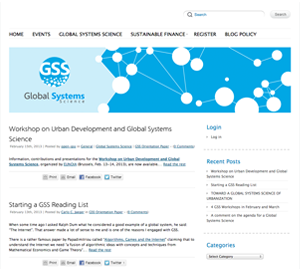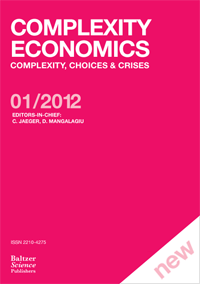Climate change threatens to cause trillions in damage to world’s coasts, if coastal regions do not adapt to sea-level rise.
Coastal regions may face massive increases in damages from storm surge flooding over the course of the 21st century. According to a new study published in the Proceedings of the National Academy of Sciences, global average storm surge damages could increase from about 10-40 billion USD per year today to up to 100,000 billion USD per year by the end of century, if no adaptation action is taken. The study lead by the Berlin-based think-tank Global Climate Forum (GCF) presents, for the first time, comprehensive global simulation results on future storm surge damages to buildings and infrastructure. Drastic increases in these damages are expected, on one hand, due to rising sea-levels and, on the other hand, due to population and economic growth. Asia and Africa may be particularly hard hit because of their rapidly growing coastal mega-cities, such as Shanghai, Manila or Lagos. Read more


